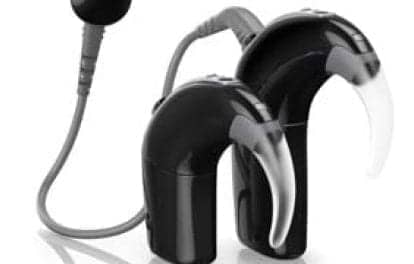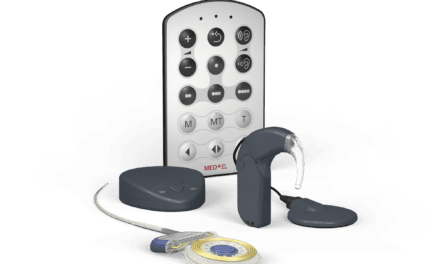Last Updated: 2008-02-18 7:55:30 -0400 (Reuters Health)
NEW YORK (Reuters Health) – Nurse-administered "anticipatory guidance," coupled with a prescription for analgesic otic drops, at a 15-month well-child care check-up reduces emergency department visits for toddlers, researchers at Mayo Clinic in Rochester, Minnesota report.
According to their paper in the Archives of Pediatrics and Adolescent Medicine, Dr. Deborah B. McWilliams and colleagues demonstrated that "parents could be empowered to better control their child’s pain, and that education would enable them to better triage the need for urgent medical care."
Their program was designed for nurses to teach parents how to control ear pain and recognize signs that require urgent medical care. They tested the intervention at one of the Mayo Clinic’s primary care sites between March and June of 2003. Included were 191 patients, who were followed for healthcare visits for ear pain over the next 12 months.
Compared with patients treated at the same site during the preceding year (n = 168), the number of emergency department visits for ear pain decreased by 80%, the number of urgent care center visits declined by 40%, and number of regular-hours primary care center visits fell by 28%.
There were no significant changes in medical care use at control sites during the same period, the authors report.
Dr. McWilliams’ team estimates that the program cost $12,040 per 1000 patients and saved $65,779 per 1000 patients, for a net savings of approximately $50 per patient.
On questionnaires completed in 2005, parents were enthusiastic about the intervention, most reporting that it had helped them avoid at least one after-hours visit and strongly recommending the program for other parents.
"We believe that this intervention positively changed parental behavior, with high levels of sustained acceptance by parents in a way that was safe, cost-effective, and did not require extra physician time," Dr. McWilliams and her associates conclude.
"While these data are compelling, this work should be validated with a randomized clinical trial in a more diverse socioeconomic and ethnic population," Dr. Stephen Berman, from Children’s Hospital in Aurora, Colorado, comments in a related editorial.
Still, he says, "The article by McWilliams and colleagues reminds us of the importance of ensuring that anticipatory guidance is evidence based and that empowering parents with good information is an effective way of enhancing the value of pediatric care."
Arch Pediatr Adolesc Med 2008;162:151-156.
Copyright Reuters 2008. Click for Restrictions




